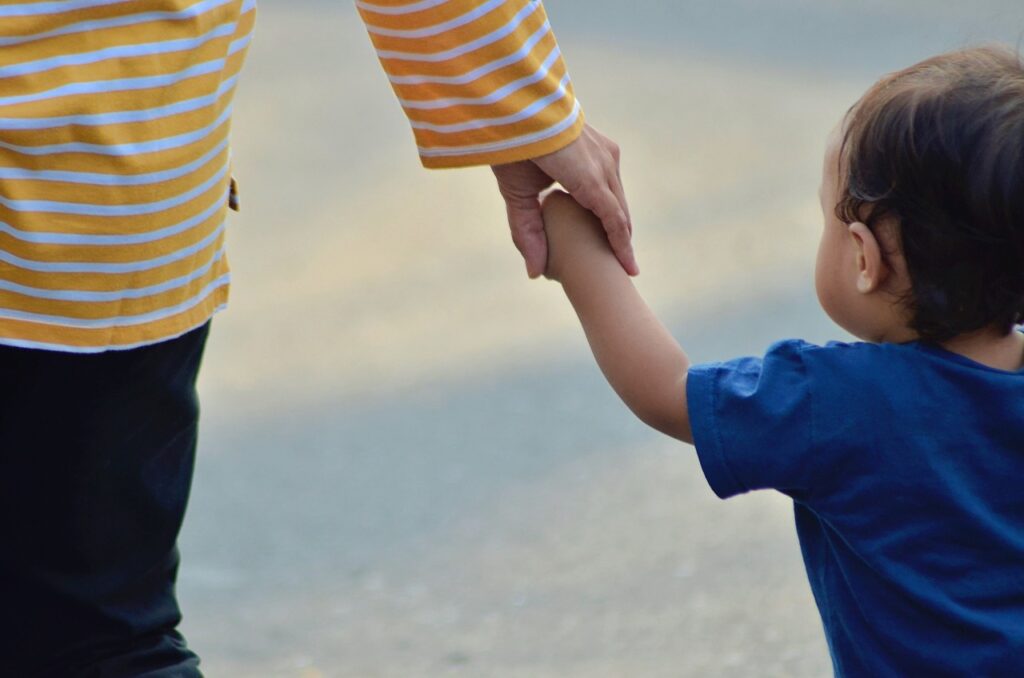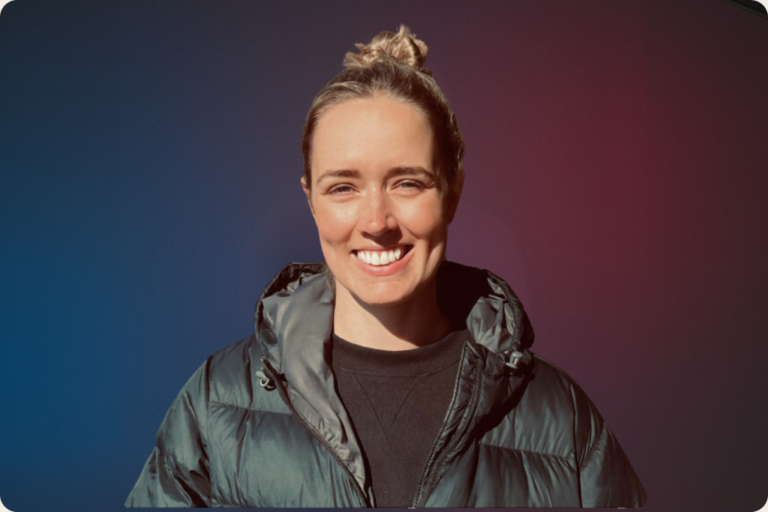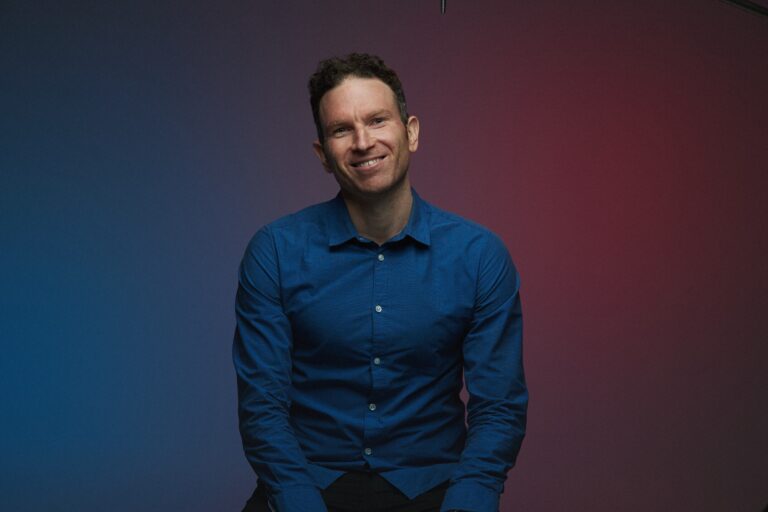
Mobilise Pay supports single-mother families
As our commitment to direct giving initiatives evolve, Mobilise Pay takes centre stage, focusing on the unique challenges facing single-mother families.
This year-long program goes beyond financial assistance, utilising a voucher and gift system to cover necessities like utilities, groceries, and extracurricular activities for children.
In addition to these tangible benefits, Mobilise Pay facilitates access to vital third-party services, including financial counselling and resources promoting healthy living.
By holistically addressing the needs of single mother families, we aim to provide not just immediate relief but also the tools and support necessary for sustained stability, even in the face of economic uncertainty.
Powered By EmbedPress








